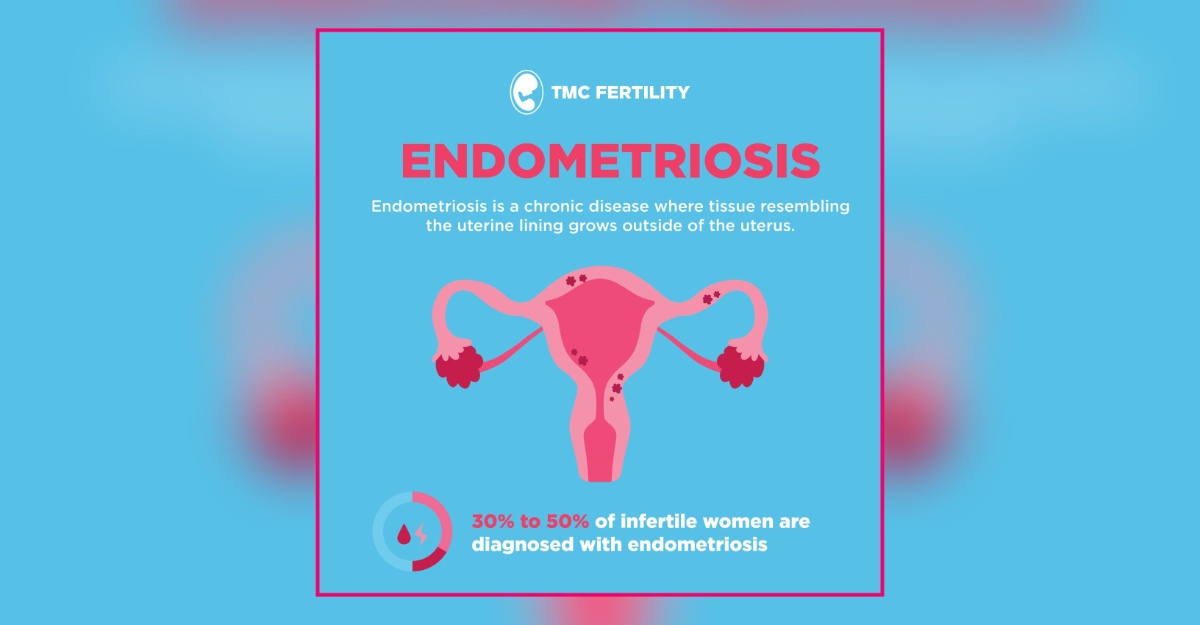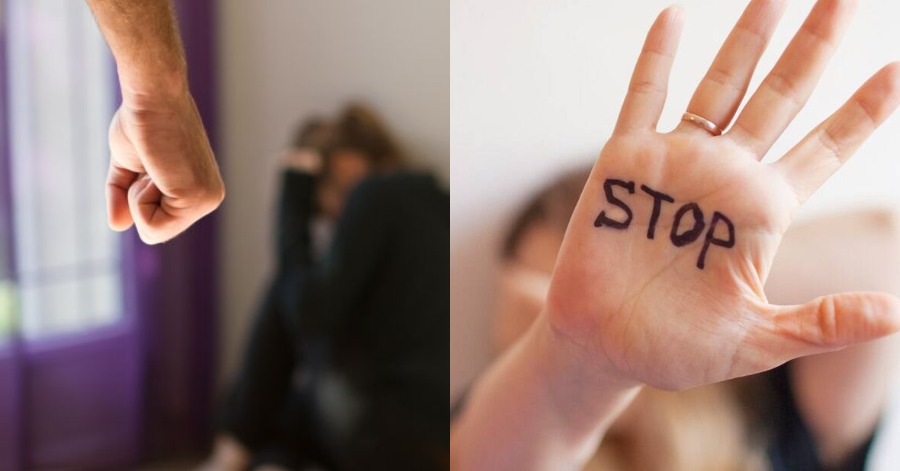Violence against women is a denial of human rights that takes place globally every single day. Globally, physical or sexual harassment is witnessed by one in three people, often by an intimate partner. Although domestic violence and harassment are still concealed, we will be able to detect it better and search or provide support if we know the symptoms of an abusive relationship.
What are some common signs of abuse?
Your companion keeps track of what you are doing. At all times, they track where you are and what you are with. They keep you from seeing friends, relatives, or going to work or school, or discourage you.
Your companion requests that you respond to their messages, tweets, and calls promptly, and requires your social networking sites, addresses, and other accounts to know your passwords.
An abusive spouse can act jealous, including repeatedly accusing you of adultery. They can try to regulate how you spend money on drugs or birth control and the use of them. For you, they can make daily choices, such as whether you wear or eat.
Maybe they’re demeaning. By insulating your looks, intellect, or desires, they can put you down. In front of others, they could attempt to humiliate you and try to ruin your property or things you care about.
A violent spouse can behave frustrated or have a disposition that is swift or erratic, so you never know what may cause a problem. They will blame you for their aggressive outbursts and damage you, themselves, and your family members, whether children or pets, physically or attempt to harm you.
Physically, they can damage you, like striking, pounding, pulling, shoving, stabbing, slapping, kicking, or even biting. They’re allowed to use, or try to use, a pistol against you.
Like rape or other coerced sexual conduct, they can be sexually violent. They will wrongly believe that approval in the past for a sex act means that in the future you may engage in the same actions. They might also mistakenly believe that agreeing to one interaction entails consent to higher degrees of intimacy. An attacker, for example, can believe that a kiss can always lead to sex.
If you report harassment, or if you refuse, an abusive spouse can try to turn you into the authorities for illegal activity.
You can talk with someone who has been trained to help by calling a local helpline.
What are some safety tips if I am experiencing abuse?
Look for help if you think you are being abused. These tips offer information on how protection and assistance can be found.
Consider finding a reliable friend, family member, or neighbor to express your thoughts. Act with them to build a strategy and when you need assistance. For example, this strategy might involve having a hidden code or several words, phrases, or emojis of code that will help you communicate with them more securely.
Establish an exit plan, such as encouraging you to go to the hospital or convenience store and asking you to use the phone to dial for assistance while there. In case you need to run, look of some possible explanations for leaving home at various times of the day or night.
Keep a mobile still charged and ready whenever possible and know which numbers to dial for help: a friend, a member of the family, or the police. If there is a threat in your life, call the police if you think it’s safe to do so.
Work to recognize trends in the use and extent of aggression of your partner. This will assist you in determining when violence can intensify.
You can talk with someone who has been trained to help by calling a local helpline.
What can I do to help someone I know who is experiencing abuse?
Check these tips about how to help them find comfort and support if you are worried about a friend who might be witnessing domestic violence or bullying or feeling uncomfortable around others.
Keep in touch and be imaginative if you are concerned about the welfare of a mate. Stop making the attacker suspect so that the channels of contact will remain open. For starters, if you all have kids, you can propose joint calls with both you and the kids. To use in interactions, you can build hidden code words that can help you communicate more safely.
Ask a friend of yours how they like to communicate. A protected contact platform is necessary since, in many cases, they may be physically close to the attacker who may be recording communications. Ask them if they prefer an instant message or tweet over a call, and whether they prefer to use a certain platform or service.
Be positive and give them confidence. Reassure them that they are not alone and that there is assistance and support. Recognize that violence can be painful for them to speak about. Listen closely and be empathetic if they wish to speak.
Help them think during COVID-19 how to stay healthy. Support create a strategy for lockout scenarios for your mate. During this time, are there any friends or relatives with whom they should stay? Consider encouraging them to reach out to create a proposal for these persons.
Value their freedom to acquiesce. Avoid any action without their permission until you truly suspect that the life of your friend is in danger. They know the protection risks best, and they can also be influenced by any abuse-related decisions they experience.
Value their secrecy. It is important that their memories and identities remain private, because of safety concerns, embarrassment, feelings of guilt, and victim-blaming that perpetrators frequently face, until they offer express permission to expose them.
Give realistic support and share information. Let your friend know you would like to contribute. Give them a safe place to stay, accommodation, or other means of assistance if you are willing, which can improve their wellbeing.
Let your friend know that someone who has been qualified to assist is willing to speak to you. Provide them with local resources and helpline numbers.
Helplines: Malaysia – (60) 03 7960 3030 / 7956 3488
Note: UN Women is not responsible for the information provided by external sources.
Source: UN Women

























